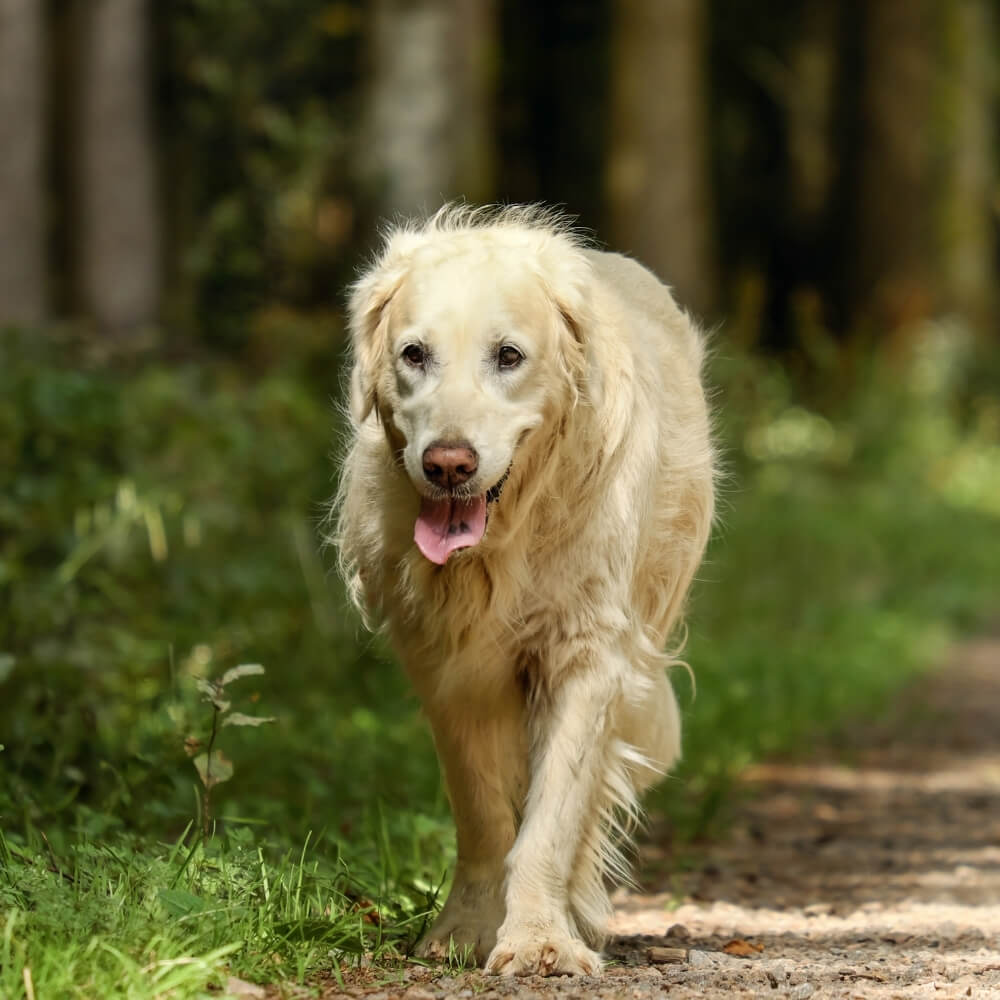Mooresville, NC
Pet Geriatric Care
The average dog or cat is considered a “senior” around 7 to 10 years of age. As pets age, there is a progressive decline in organ function, immunity, and physical and mental abilities.

Pet Geriatric Care

Geriatric Care
Many ailments that affect aging humans can also plague our pets. While some age-related diseases may not be preventable, early detection and intervention are the keys to successful management.
It is common to assume certain changes in behavior are a normal part of the aging process; however, they may indicate underlying disease. If you notice any of these signs, please make an appointment and have your pet evaluated:
- Change in appetite or weight loss/gain
- Diarrhea or constipation
- Urination or defecation in the house
- Increased thirst
- Increased urine frequency, volume, straining, etc.
- Difficulty rising, walking, or climbing stairs
- Confusion, disorientation, anxiety, or changes in sleep patterns
- Persistent cough
- New lumps or bumps
Our knowledgeable staff is trained in the most up-to-date treatment and management of chronic conditions, including osteoarthritis, chronic renal failure, diabetes, neoplasia/cancer, Cushing’s Disease/hyperadrenocorticism, cognitive dysfunction/senility, and urinary incontinence, to name a few.
